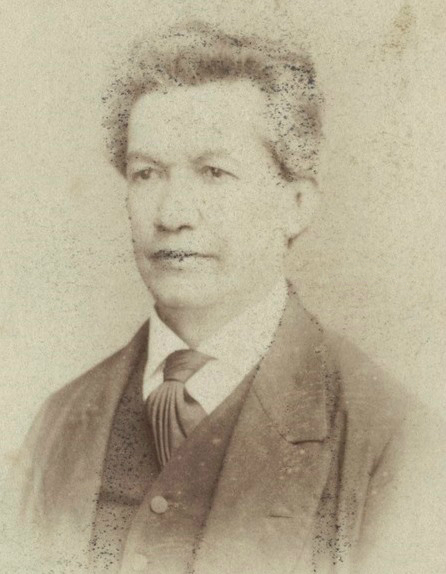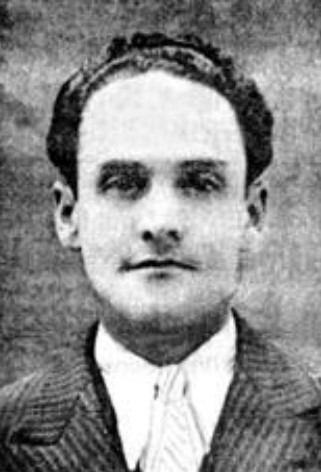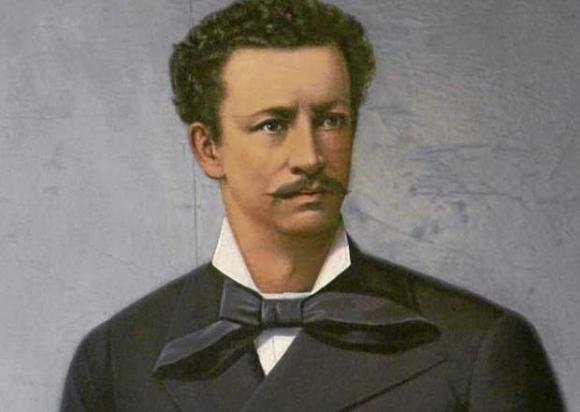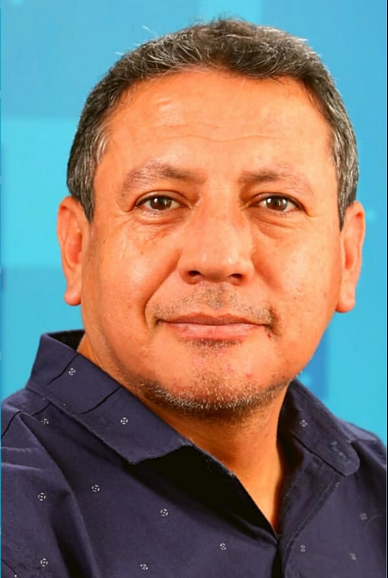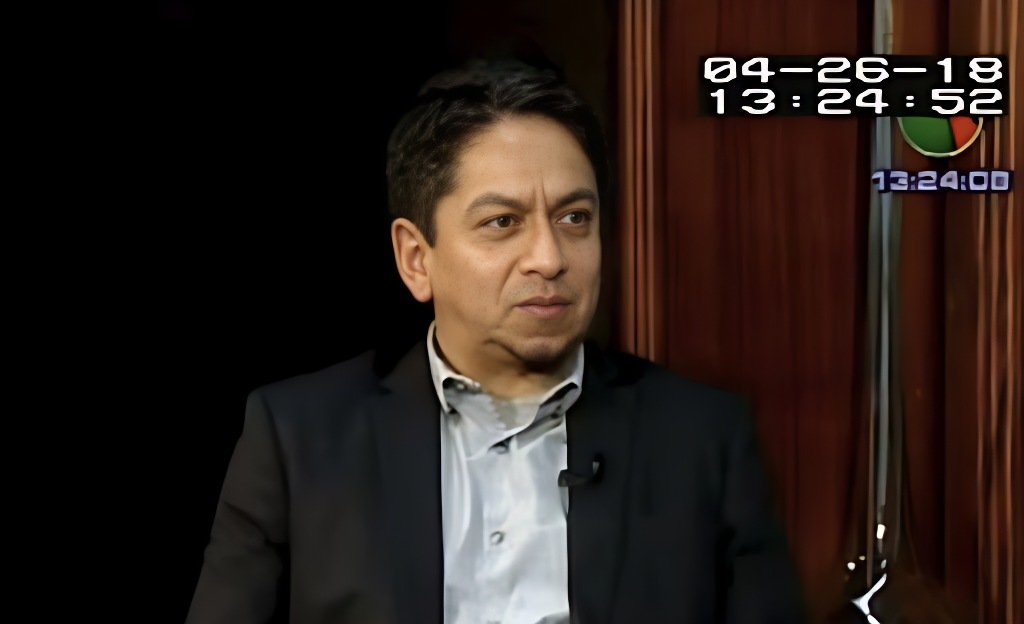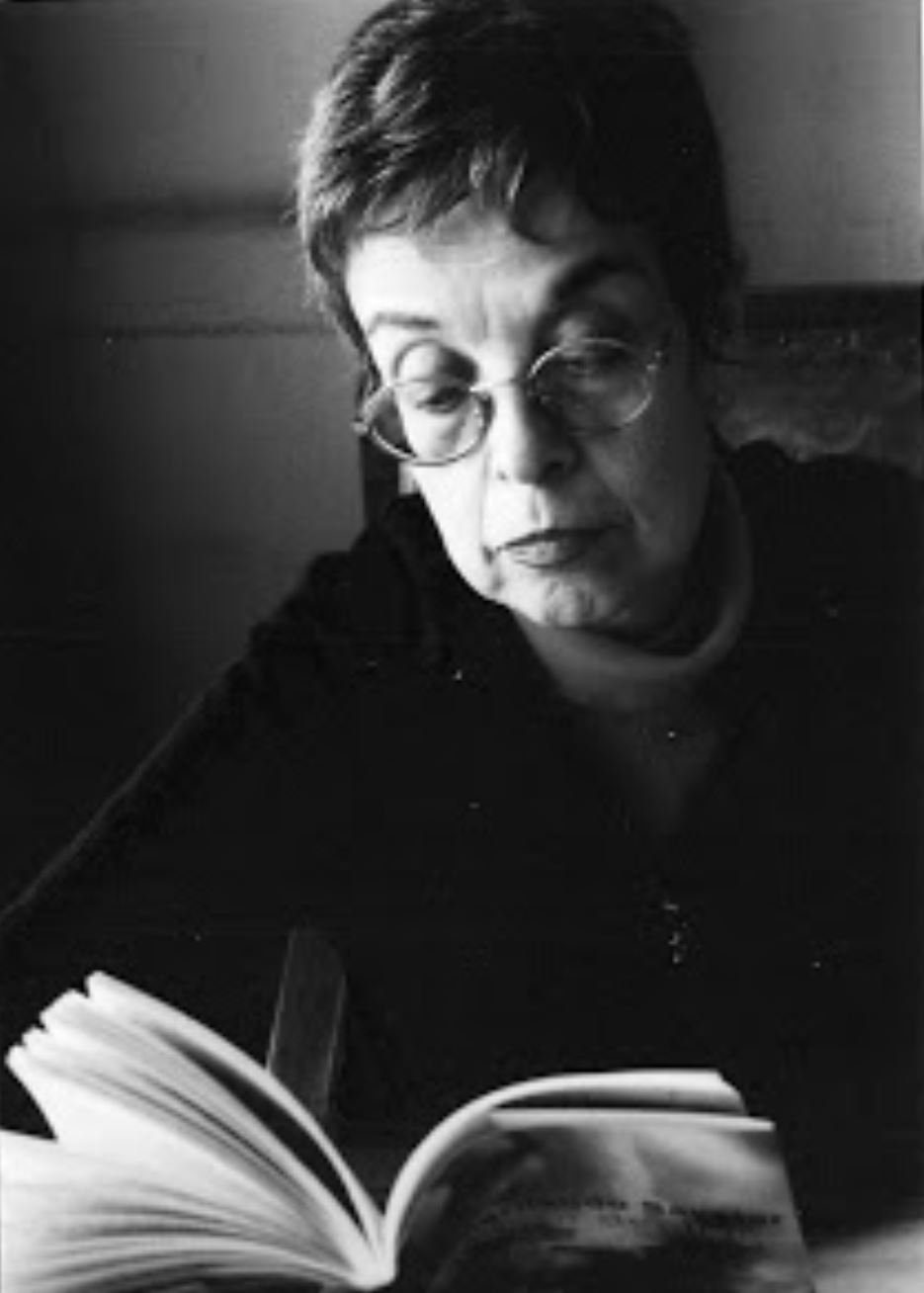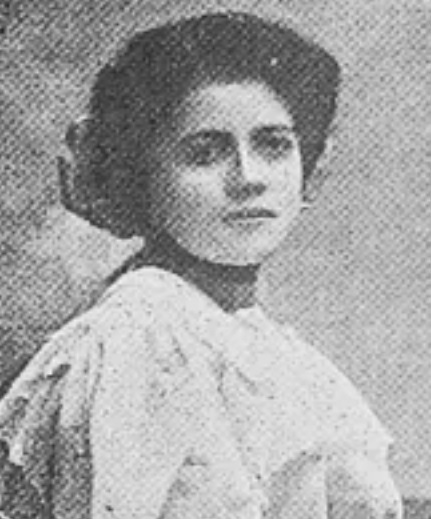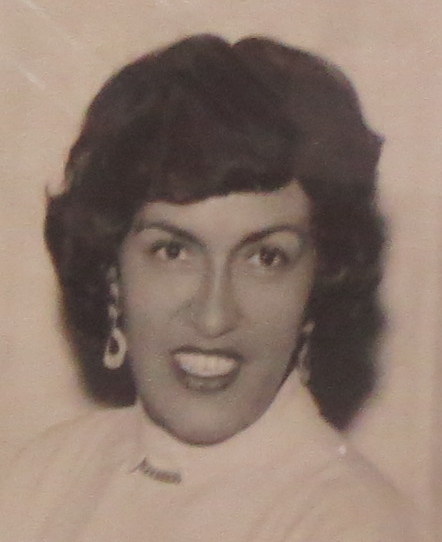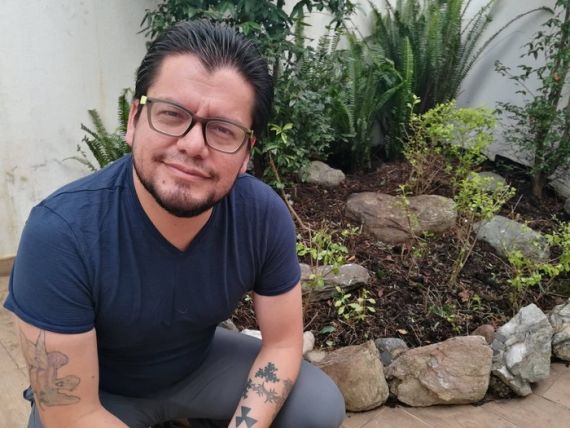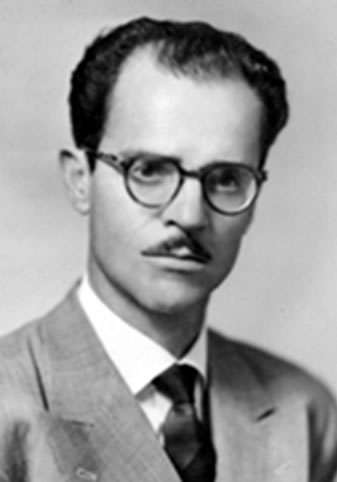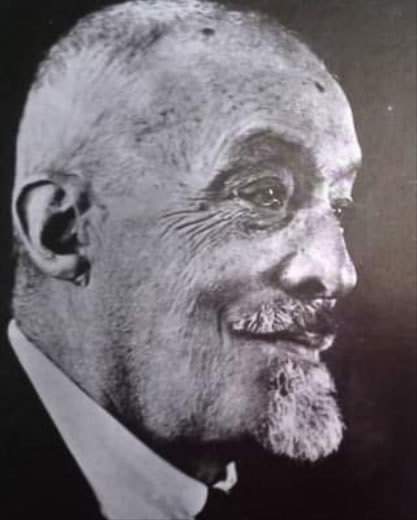Joaquín Aillón (Ambato, 1712 – 1801) was a Jesuit priest, professor, and Latin-language poet from Ecuador, best known for his didactic work Compendio de arte poética. Educated at the Colegio Seminario de San Luis, he joined the Compañía de Jesús and became a distinguished scholar in the fields of Humanities, Philosophy, Rhetoric, and Theology, later teaching at the University of San Gregorio Magno. Although only a few of his Latin verses survive—some criticized for their lack of merit—his enduring legacy lies in his poetic manual, which was translated into Spanish and published by Luis Cordero in 1897. This work, grounded in classical principles and universal reason, was intended as a defense of traditional poetic values against the shifting tastes of the time and remains a valuable resource for understanding Jesuit literary culture in colonial Ecuador.
Note: The name Joaquín Aillón is also found spelled Joaquín Ayllón in several sources, including the Real Academia de la Historia’s online biography, which gives his birth and death dates as June 30, 1728 (Ambato, Ecuador) and March 4, 1808 (Rome, Italy). However, in our profile we have followed the information provided by Luis Gallo Almeida in Literatos Ecuatorianos (2nd ed., 1927), which lists his lifespan as 1712–1801. A local source cited in the newspaper La Hora, quoting Historia de la Provincia de Tungurahua by Prof. Gerardo Nicola L., also gives 1728 as the year of birth and states that he died in Italy “at the end of the 18th century.” Meanwhile, other sources, such as the Antología de poetas hispano-americanos (Madrid, 1894), mention Aillón among Ecuadorian Jesuit poets but do not provide exact dates. Despite these variations, all accounts refer to the same historical figure: a Jesuit scholar from Ambato who taught rhetoric and theology, authored a Latin treatise on poetic or rhetorical theory, and lived in exile in Italy following the Jesuit expulsion of 1767.
Continue reading “Joaquín Aillón”
